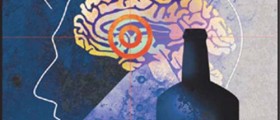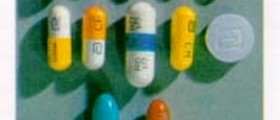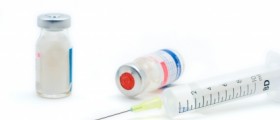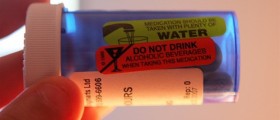
Quitting an Addiction
Alcoholism is an addiction, as strong and destructive as drug abuse or similar. Therefore, it goes without saying that, once a person gets trapped in the vicious circle of alcohol, it is extremely hard for him or her to get out. It is not the same as a casual night out and a hangover next morning. Rather it is a condition where you cannot get sober, let alone stop drinking, to the extent of destruction of your social life and physical health.
People who drink occasionally may stop at any time and decide to quit forever. However, people who are addicted to alcohol find it almost impossible to stop drinking. Nevertheless, if they do manage to restrain themselves, numerous other problems occur regarding all of the withdrawal symptoms. It takes time, strength and an incredible amount of perseverance in order to get the alcohol out of your system and be able to lead a normal life.
When Alcohol Won't Let Go
Once a person manages to quit, after being an alcoholic there is a series of more and less severe withdrawal symptoms. Namely, dizziness, anxiety, inability to concentrate, restlessness, depression, and many others belong to the group of less dangerous symptoms. However, alcohol withdrawal may cause losing consciousness and having fevers while being delirious. Additionally, headaches, numerous skin and eye problems as well as shaky hands also belong to the list. Therefore, leaving alcohol can prove to be easier than it leaving you.
Treatment for Alcohol Withdrawal
Withdrawal therapies concentrate mainly on removing any symptoms within former alcohol abusers. Therefore, usage of different sedatives and tranquilizers is a must whenever a person is prone to the symptoms. Beta blockers and antidepressants are used for removing anxiety and shakiness of limbs, as well as to establish a more positive attitude within those fighting this terrible addiction. Finally, more severe symptoms require more radical approaches. Thus, those who have more serious health issues caused by alcohol withdrawal, are usually administered their medications intravenously. Their progress is being carefully monitored at all times.
Negative Side of the Treatment
Numerous different medications the therapy consists of, cause numerous side-effects. Therefore, patients may feel drowsiness, be hungover, nauseous etc. It is also of great importance not to consume alcohol during the treatment since the outcome may be deadly. After a longer time of usage, patients may become immune to certain medications, and the increase in dosage may only cause addiction, creating a dead end situation. Finally, all this demands strength, will and perseverance in order to endure this cruel and destructive addiction, but it is more than worth it at the end.
















Your thoughts on this
Loading...